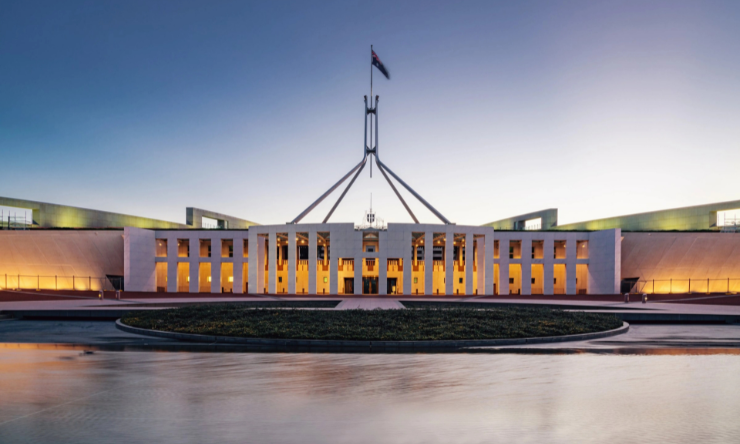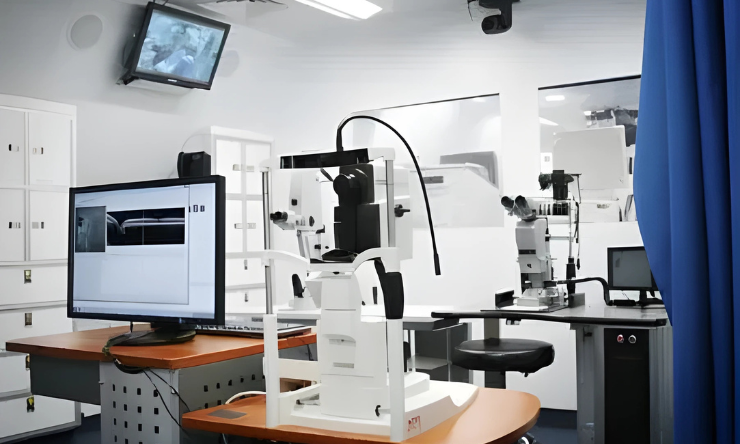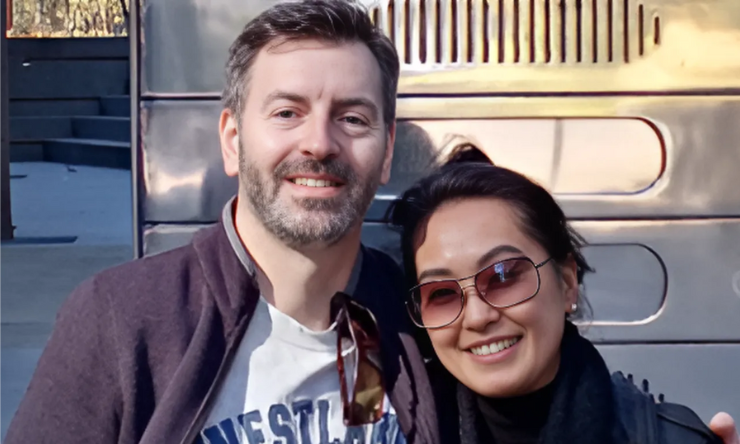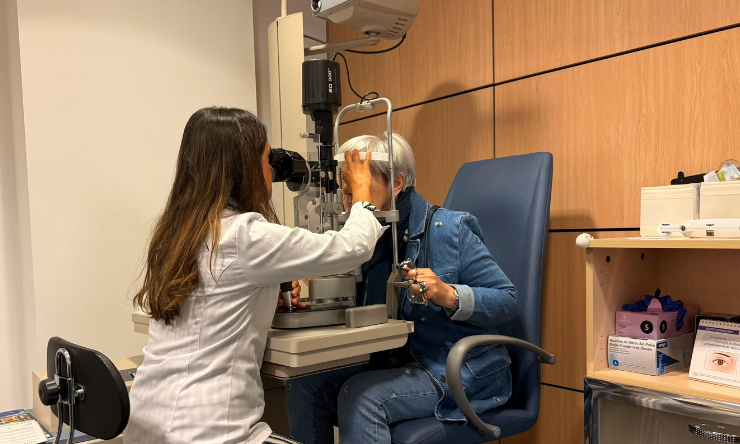
Canberra politicians were given the opportunity to ‘try their hand’ at complex eye surgery, with the Australian Society of Ophthalmologists...

Intraocular pressure (IOP) is a major modifiable risk factor in glaucoma. Although clinic measurements are typically made in...

Orbis trains doctors, and other eye care professionals to provide care in their own communities. It also works to make sure people of all ages...

$14.1 million redevelopment of LEI theatre complex at the Queen Elizabeth II Medical Centre (QEIIMC) in Nedlands, WA.

I was diagnosed with advanced open angle glaucoma at 44. With no noticeable signs or symptoms, the news hit me hard, and I felt like my life was turned upside down that day.

This September, hundreds of charities, including Glaucoma Australia came together for Include a Charity Week – a national campaign that encourages Australians to consider leaving a gift in their Will...

Altris AI, a vendor-neutral, web-based AI decision support platform for optical coherence tomography (OCT) analysis, has introduced...

I am only 23 years old, and I was diagnosed with open angle glaucoma two years ago. It is very scary. No one in my family has it and...

Glaucoma is known to be one of the leading causes of irreversible vision loss worldwide, and while there is no cure for this disease, the risk of vision loss can be minimised through...
